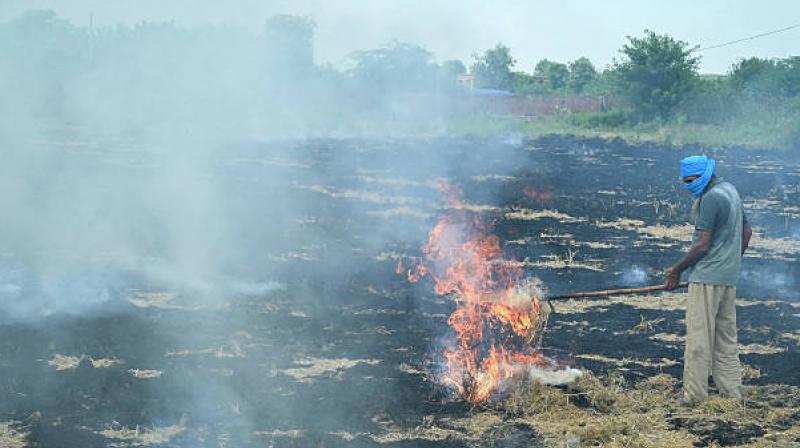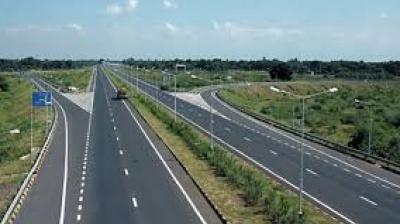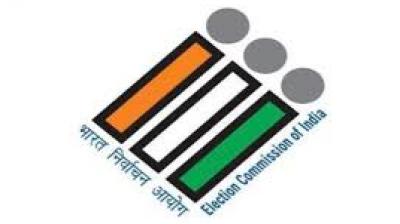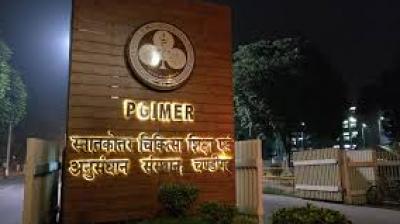
It asked them to submit reports on their efforts to mitigate stubble burning.
SC Directs Punjab and Haryana to Report on Stubble Burning Amid Delhi Pollution Crisis
The Supreme Court on Wednesday directed the Punjab and Haryana governments to submit detailed reports on measures taken to curb stubble burning, amid rising farm fires and deteriorating air quality in the Delhi-NCR region. The court also said it will address the issue of non-functional air quality monitoring stations during the next hearing that is scheduled for “November 17”.
The bench, led by Chief Justice of India B.R. Gavai, was hearing multiple pleas regarding air pollution in the region, even as the “Air Quality Index (AQI) remained in the ‘severe’ category for a second consecutive day.” Senior advocate Aparajita Singh, acting as amicus curiae, informed the court that the AQI could escalate into the “severe plus” category (above 450) in the upcoming days, emphasising the urgent need for intervention.
The court issued notices to both states. It asked them to submit reports on their efforts to mitigate stubble burning. In September, the Supreme Court had suggested criminal prosecution for violators and even proposed separate legislation, though the Centre maintained a policy of working with farmers rather than penalising them.
Ms Singh flagged rising farm-fire data received from a NASA scientist. She suggested that stubble burning figures reported by Punjab and Haryana may be undercounted. She also pointed out media reports indicating that farmers were allegedly instructed to burn crop residue at specific times to avoid satellite detection, calling the practice “alarming”.
Senior lawyers, including Gopal Sankaranarayanan, urged the court to direct the “Commission for Air Quality Management (CAQM)” to escalate anti-pollution measures from GRAP III to the stricter “GRAP IV stage”, which halts construction and demolition activities in Delhi-NCR.
Additional Solicitor General Aishwarya Bhati confirmed that the Centre, CPCB, and CAQM had responded to previous orders and were present for clarification on non-functional monitoring stations. The bench agreed to examine these gaps in the upcoming hearing.
Observers say the Supreme Court’s intervention could push for stronger compliance, stricter monitoring, and long-term solutions to prevent Punjab’s stubble burning from worsening regional air pollution.














